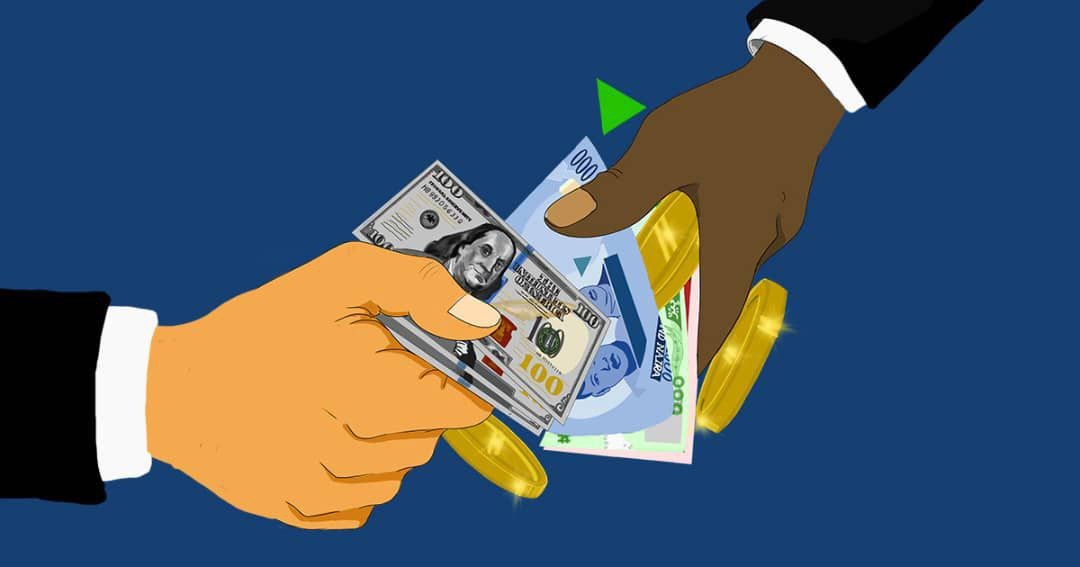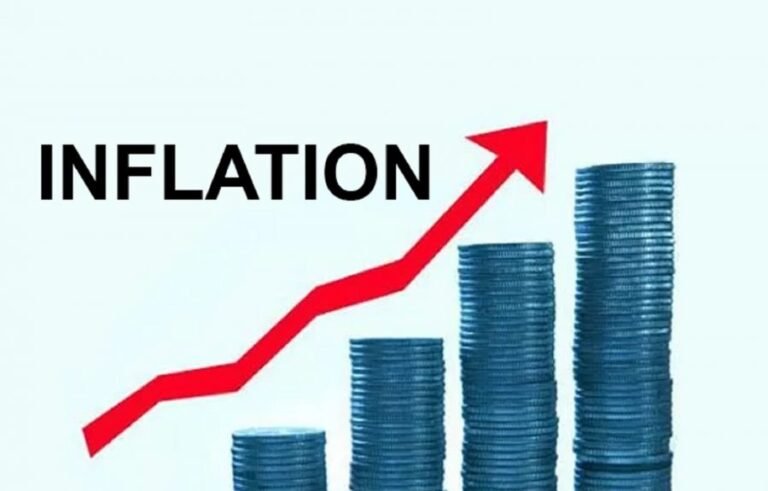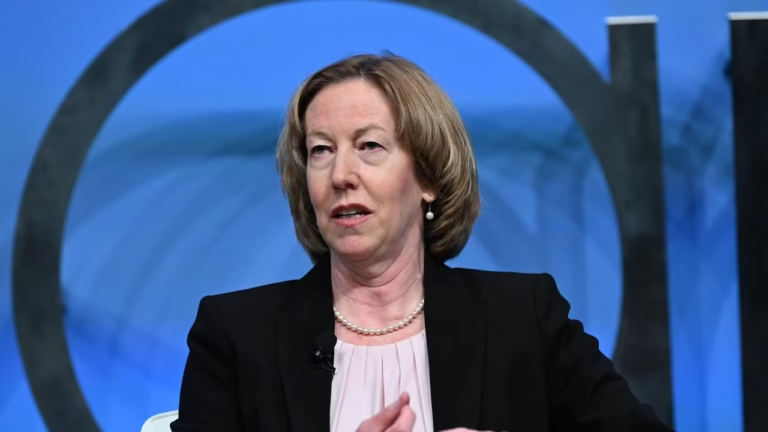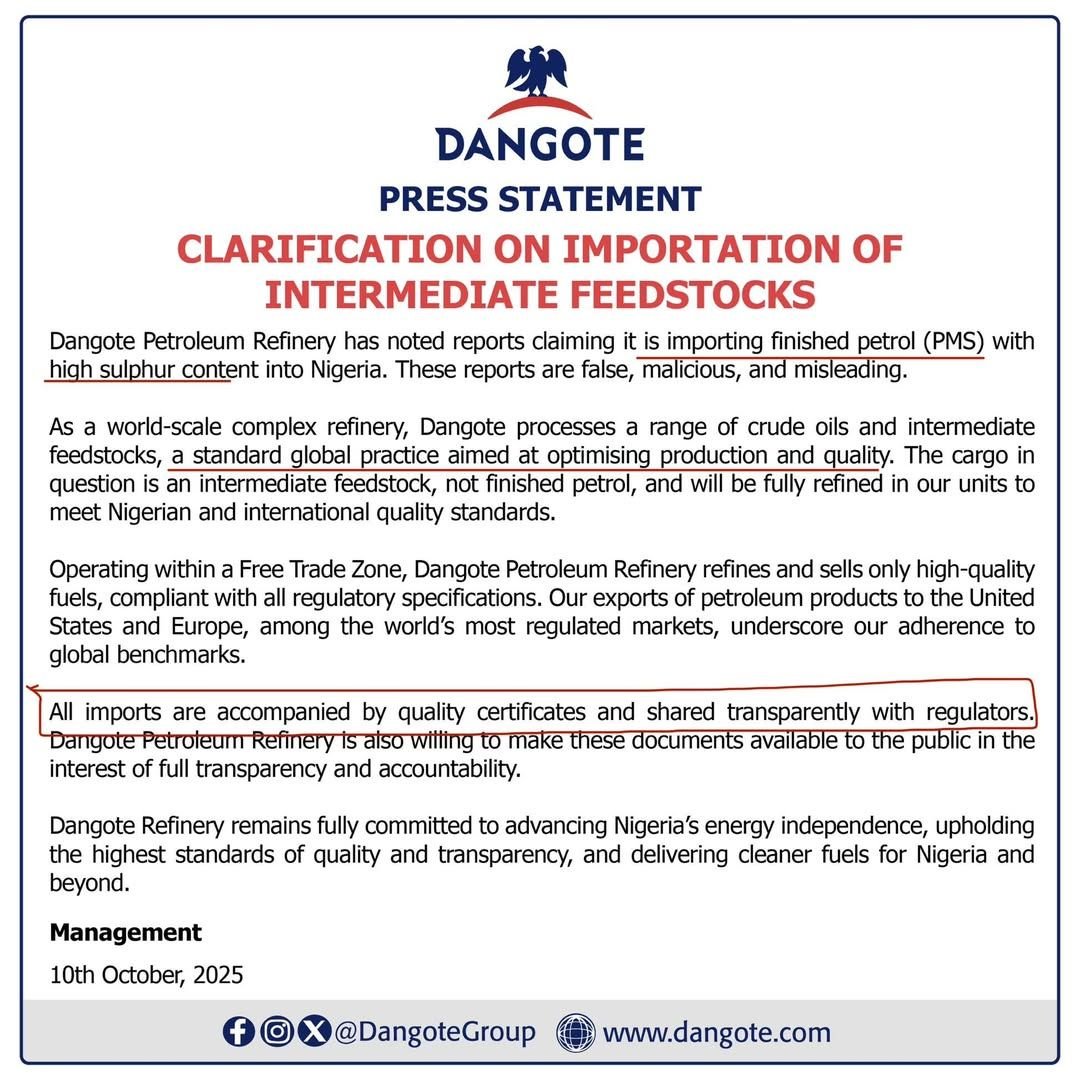In a decisive bid to bolster the Nigerian naira, the Central Bank of Nigeria (CBN) pumped $428 million into the foreign exchange (forex) market in under two weeks since the start of June, data from the CBN revealed.
The move slashed Nigeria’s external reserves to $38.020 billion. The FX intervention supported the naira’s gaining streaks, but ignited concerns over its long-term viability and the strain on the nation’s financial buffers.
This aggressive forex intervention has yielded short-term gains, with the naira appreciating by 200 basis points since the 1st of June to N1,549.15 per US dollar in the official market.
Also Read:
- CBN Suspends Dividends, Bonuses, and Foreign Investments for Banks Under Regulatory Forbearance
- Nigeria Risks Over Reliance On Foreign Portfolio Investments
- Bismarck Rewane: CBN’s $8 Billion Defence of the Naira is Ok
- Sophors Consulting Limited Asks CBN To Balance Support For Growth With Controlling Inflation
Intervention Fuels Naira Stability Amid Volatility
CBN has actively sold forex to authorized dealer banks, countering surging corporate demand for US dollars. This liquidity surge has steadied the USD/NGN market, which faced turbulence earlier in the year.
In May, heightened FX demand drove the pair to a peak of N1,614 intraday, but the CBN’s $448 million injection in June has tamed pressures, holding the dollar within a N1,532–N1,584 range.
Enhanced liquidity and market confidence have kept the naira anchored, despite its volatile footing, offering a reprieve to businesses and investors alike.
Credit Rating Upgrade and IMF Debt Triumph
Amid these challenges, Nigeria’s economic narrative isn’t all cautionary. In May 2025, Moody’s Investors Service lifted the country’s sovereign credit rating from Caa1 to B3 with a stable outlook—the second positive shift under President Tinubu’s administration.
This upgrade, paired with raised local (Ba3) and foreign (B2) currency ceilings, reflects gains from bold reforms: fuel subsidy cuts, exchange rate liberalization, and stronger tax collection.
Adding to this, Nigeria cleared its $3.54 billion IMF debt by May 2025, down from December 2020 levels, exiting the debtor list and boosting fiscal credibility. Foreign exchange reserves also rose by $364 million from April 30 to May 14, 2025—the first steady two-week climb since January—signaling resilience.
























